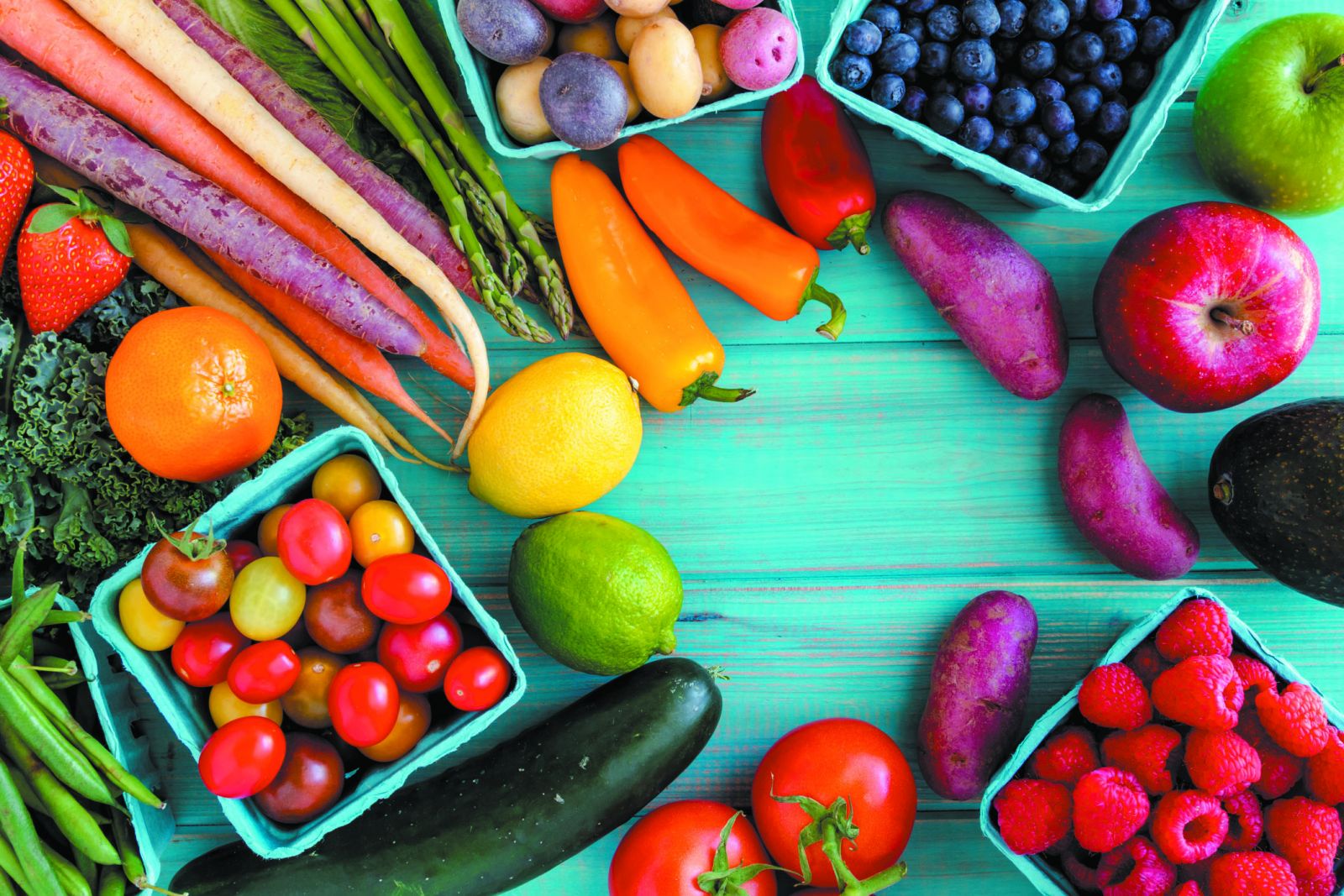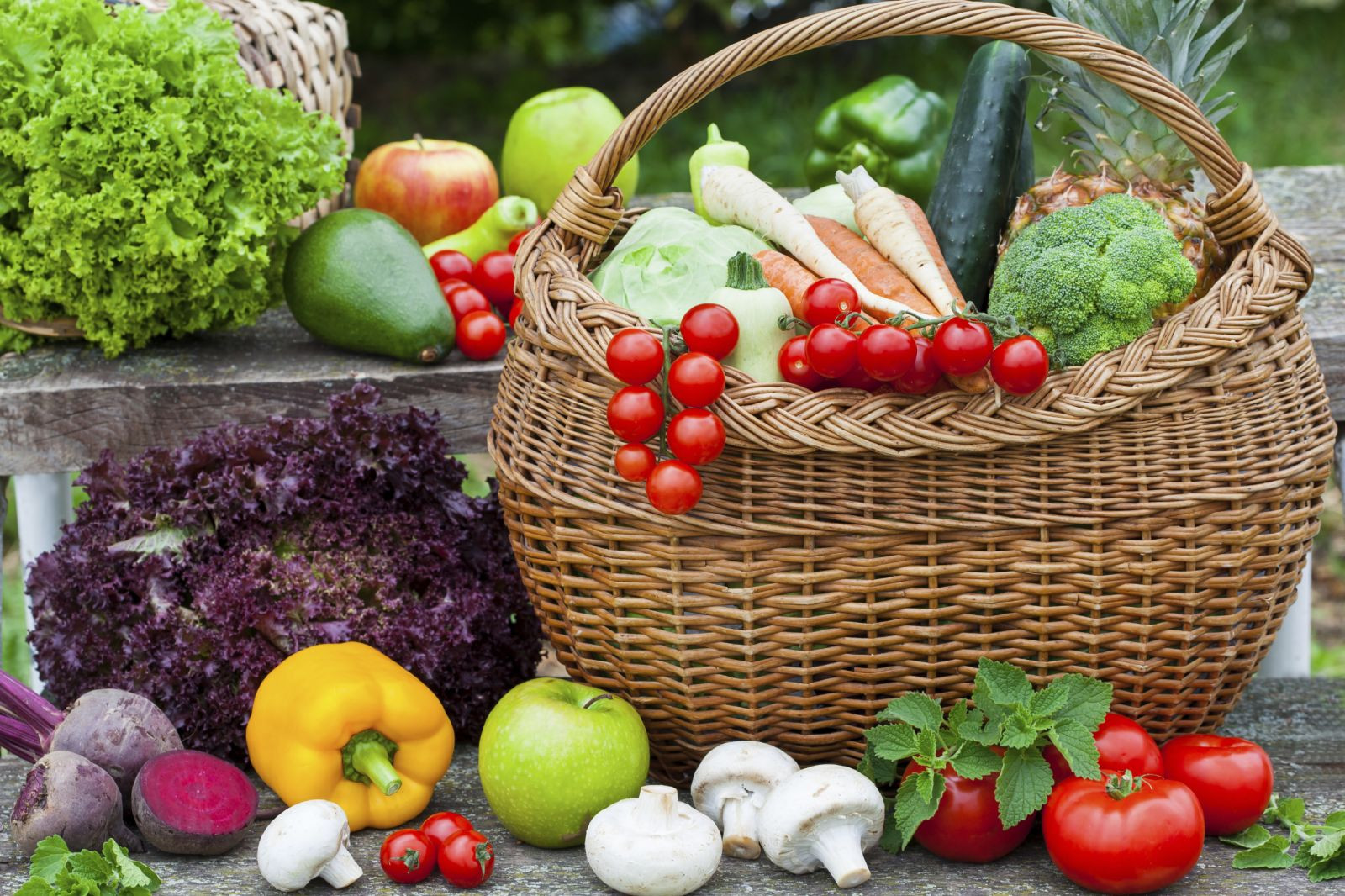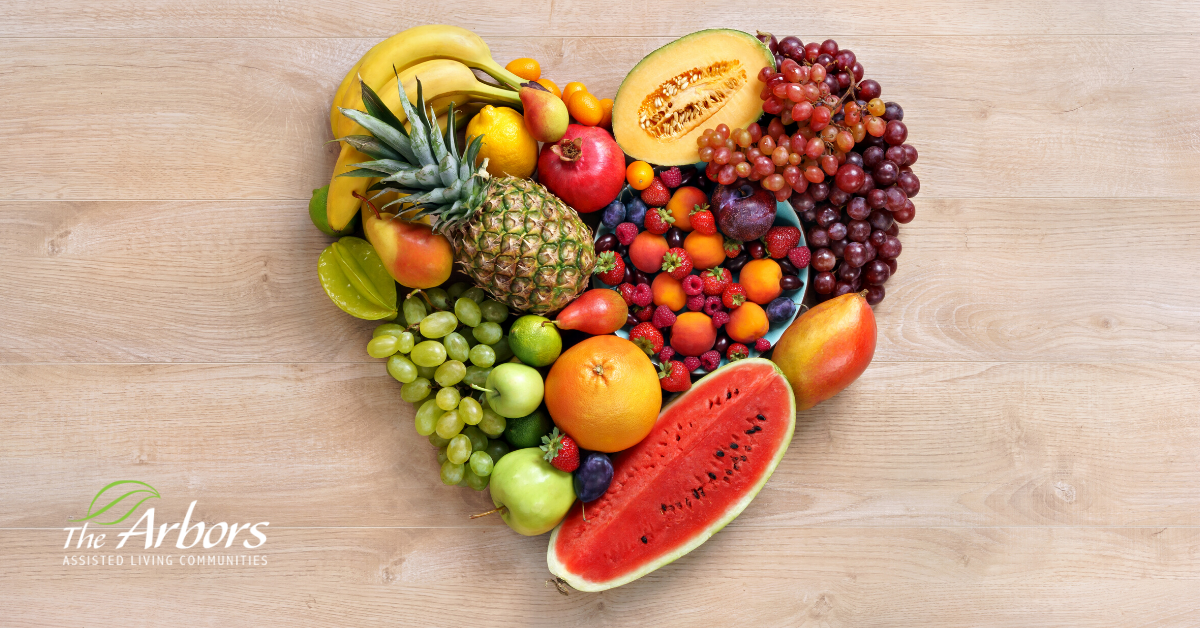Fruits And Veggies Good For The Heart

Fruits And Veggies Good For The Heart
The Benefits of Eating More Fruits and Veggies
Eating plenty of fresh fruits and veggies is one of the best things you can do for your health. Fruits and vegetables are rich in vitamins, minerals and antioxidants that work together to promote a healthy heart and overall wellbeing. Studies have shown that consuming five or more servings of fruits and vegetables a day can reduce your risk of heart disease, stroke, high blood pressure and certain types of cancer. Furthermore, research suggests that people who eat more produce have significantly lower levels of bad cholesterol and higher levels of good cholesterol. Eating fruits and vegetables can also help prevent obesity, lower your risk of developing diabetes, and reduce inflammation.
Which Fruits and Veggies Should You Eat?
When it comes to choosing which fruits and vegetables to eat, the most important thing is to vary your intake. The more different types of produce you consume, the more likely you are to receive the full range of vitamins and minerals your body needs. Some of the best fruits and vegetables for heart health include apples, oranges, berries, kale, spinach, carrots, beets, sweet potatoes, squash, and tomatoes. These nutrient-rich foods provide your body with essential vitamins and minerals, while also helping to regulate cholesterol levels and lower blood pressure. Additionally, you should try to include a variety of brightly colored vegetables, as they tend to contain the most antioxidants and other beneficial compounds.
How Much Should You Eat?
Most experts recommend that you consume at least five servings of fruits and vegetables each day. However, this isn’t a hard and fast rule, and depending on your age, weight, and activity level, you may need to adjust your intake accordingly. Generally speaking, the more active you are, the more produce you should consume. If you’re struggling to meet the recommended daily amount, try to include more fruits and veggies in your meals and snacks. For example, you could add chopped spinach to your omelet, have a serving of carrots with your lunch, or snack on a handful of berries.
Tips for Increasing Your Intake
If you’re having a hard time eating the recommended amount of fruits and veggies, there are a few things you can do to make it easier. Start by keeping a variety of fresh and frozen produce on hand at all times, so you’ll always have something healthy to reach for when hunger strikes. Additionally, try to incorporate more fruits and veggies into your meals and snacks. For example, you could add chopped bell peppers to your sandwich or make a smoothie with frozen fruit and spinach. If you’re pressed for time, you could also try pre-cut, pre-washed, or frozen produce, as these can save you time and effort in the kitchen.
The Bottom Line
Fruits and vegetables are some of the healthiest foods you can eat, and they’re essential for promoting a healthy heart. Aim to include five or more servings of produce in your diet each day, and make sure to vary your intake for the most nutrition. Additionally, try to incorporate more fruits and veggies into your meals and snacks, and if you’re short on time, you could opt for pre-cut, pre-washed, or frozen options. Eating plenty of fresh produce is one of the best things you can do for your health, so make sure to include plenty of fruits and vegetables in your diet.
Vegetable List A Z With Pictures | Wallpapers Gallery

Top 10 Gifts your heart will love for American Heart Month
Fruits, Vegetables & Good Health | Bosque
Colors 4 Health: Use Red to Improve Well-being

Health

Improve heart health in eight weeks? Double down on fruits and veggies

13 ways to add fruits and vegetables to your diet - Harvard Health

Top Heart-Healthy Fruits and Veggies To Eat | The Arbors Assisted

Healthy Heart Food with Fresh Fruit and Vegtables Stock Photo - Image

2,735 Heart Fruits Vegetables Photos - Free & Royalty-Free Stock Photos
